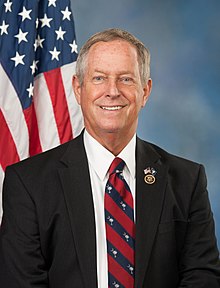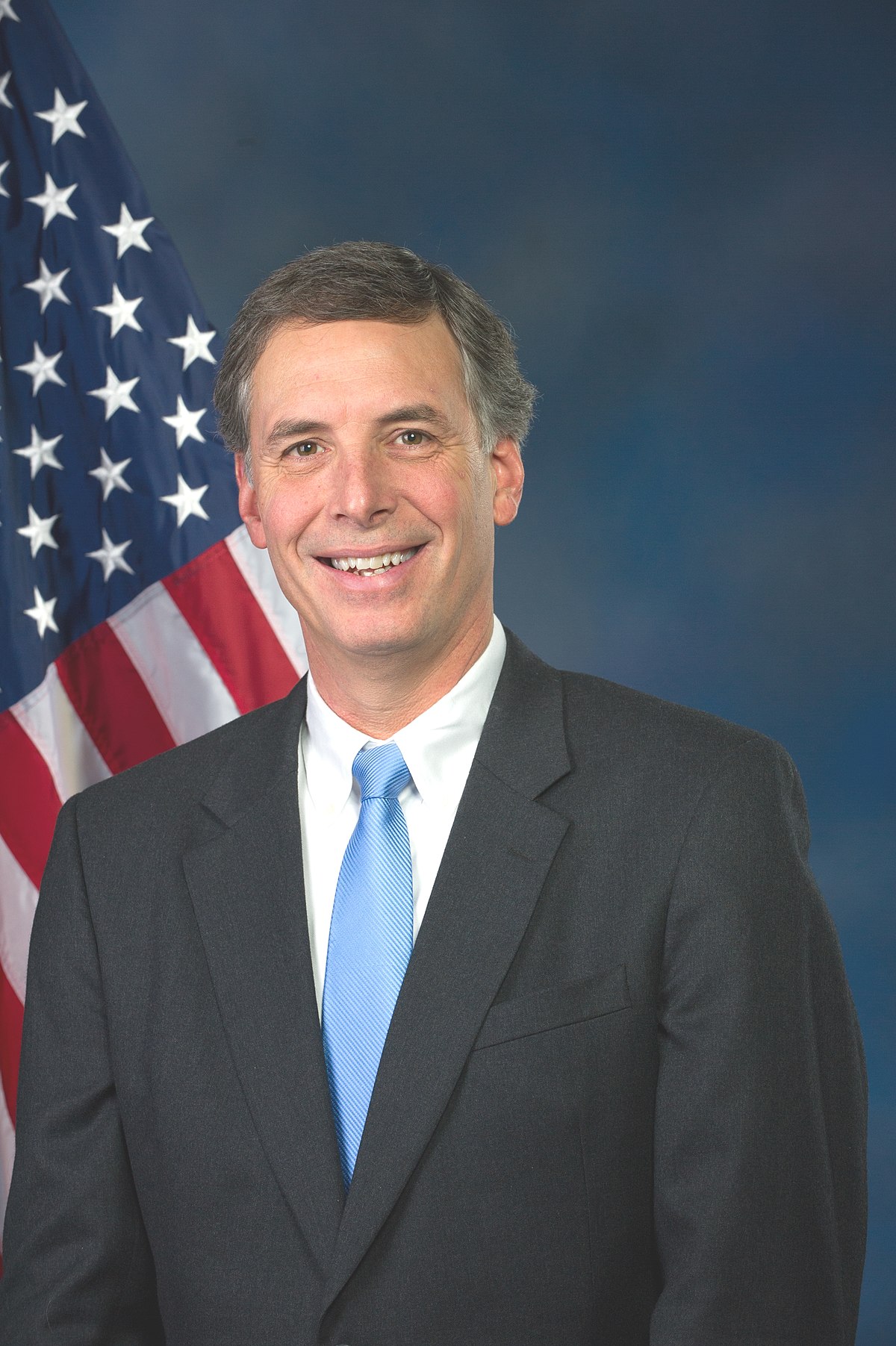By now it is well known that the Trump Administration has released its proposed “skinny” budget. This legislation includes funding cuts for many domestic discretionary programs such as education, economic development, and transportation. One item on the chopping block is the Community Development Block Grant program under the Department of Housing and Urban Development. At first, one might think that this is just another administrative cut that has no direct effect on them. However, if this program is cut, taxpayers and communities across the nation will see a detrimental impact.
Housing and community well-being is a foundation contributor to the overall health of a community. Housing stability is a key factor in a family’s safety, health, educational achievement, and personal success. Simply put, when one is not in a stable housing situation, it is nearly impossible for him or her to flourish in any other area of life. Though the government may continue to invest in programs such as education, health care, and family affairs, all work in these areas is wasted effort without a stable housing situation for the families whom are served.
The Robert J. Wood Foundation recently issued County Health Rankings for every state. This information can be found at www.countyhealthrankings.org. This study proves over and over that where a person lives influences how long he or she will live. The local level data makes it clear that good health is influenced by many factors—not just medical care itself. Housing is one of these factors. The Urban Institute has also released research at http://howhousingmatters.org which also demonstrates the critical linkage between housing stability and better education, communities, local economies, and more.
It is crucial that America invests in the bedrock of what makes our society stronger, smarter, and safer. Housing is much more than just shelter. Housing is the incubator for creating pathways to achieving the American Dream and social prosperity.
Case in point, the NeighborWorks Reinvestment Corporation, or “NeighborWorks America,” helps to support a wide network of 245 community-based nonprofits across the country. All NeighborWorks partner organizations focus on housing stability initiatives for families, veterans, immigrants, and seniors. Without this program, rural and urban communities across the nation would lose the critical investment that brings the private sector to the table to create housing opportunities for social mobility. Here are some statistics demonstrating NeighborWorks’ success in 2016 alone:
In 2016, Origin SC alone was able to:
• Assist 557 first time homebuyers on their path to homeownership through education and coaching
• Help 120 individuals close on their first home
• Serve 1,169 in foreclosure prevention
• Invest $51 million back into the community
• Prevent 1,800 low-income, disabled individuals from facing homelessness.
According to the How Housing Matters study by the MacArthur Foundation, 63% of adults reported that they believe actions can and should be taken to make housing more affordable for more people. Additionally, a significant majority of voters across the political spectrum believe that it is responded that it is “very” or “fairly” important for elected leaders to take such action.
Each of us needs to reach out to our legislators and let them know why we value housing stability in our communities. They need to know about the impact that Origin SC and NeighborWorks America has had in South Carolina. Please write to your senators and representatives asking them to reject the program cuts proposed by the White House and to support the Community Development Block Grant program and Neighborhood Reinvestment Corporation’s (aka NeighborWorks America) “core” appropriation at $135 million. We need to specifically ask them to reach out to the THUD appropriation committee staff with a show of support.
Relevant contacts for South Carolina include:
Congressman Jeff Duncan
Congressman Trey Gowdy
Congressman Tom Rice















